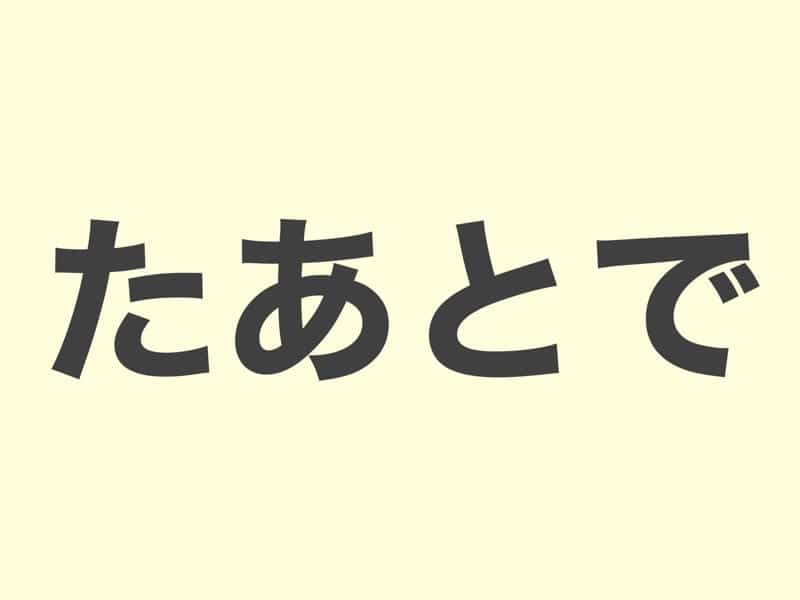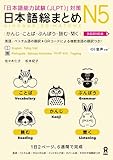説明 (Explanation)
文法(Grammar):た形+あとで・名詞+のあとで (ta form+atode, noun+no atode)
意味 (Meaning):「〜てから」と同じ意味です。
英語(English):たあとで (ta ato de) is used to indicate that an action occurs after another action has been completed. It combines the た form (past tense) of a verb with あとで, which means “after” or “later.”
例文 (Examples)
Verb (ta form)+atode
- 明日仕事が終わったあとで、友達とレストランへ行きます。
- カフェで勉強したあとで、友達と遊びます。
- 宿題したあとで、ゲームをします。
Noun+no atode
- 仕事のあとで、友達に会います。
- 日本語のレッスンのあとで、働きます。
- 食事のあとで、コーヒーを飲みます。
ひらなが (Hiragana)
Verb (ta form)+atode
- あしたしごとがおわったあとで、ともだちとレストランへいきます。
- カフェでべんきょうしたあとで、ともだちとあそびます。
- しゅくだいしたあとで、ゲームをします。
Noun+no atode
- しごとのあとで、ともだちにあいます。
- にほんごのレッスンのあとで、はたらきます。
- しょくじのあとで、コーヒーをのみます。
Romaji
Verb (ta form)+atode
- Ashita shigoto ga owatta ato de, tomodachi to resutoran e ikimasu.
- Kafe de benkyou shita ato de, tomodachi to asobimasu.
- Shukudai shita ato de, geemu o shimasu.
Noun+no atode
- Shigoto no ato de, tomodachi ni aimasu.
- Nihongo no ressun no ato de, hatarakimasu.
- Shokuji no ato de, koohii o nomimasu.
英語翻訳 (English Translation)
- I will go to a restaurant with my friends after work tomorrow.
- I will hang out with my friends after studying at the cafe.
- I will play games after doing my homework.
- I will meet a friend after work.
- I will work after my Japanese lesson.
- I will drink coffee after the meal.






コメント